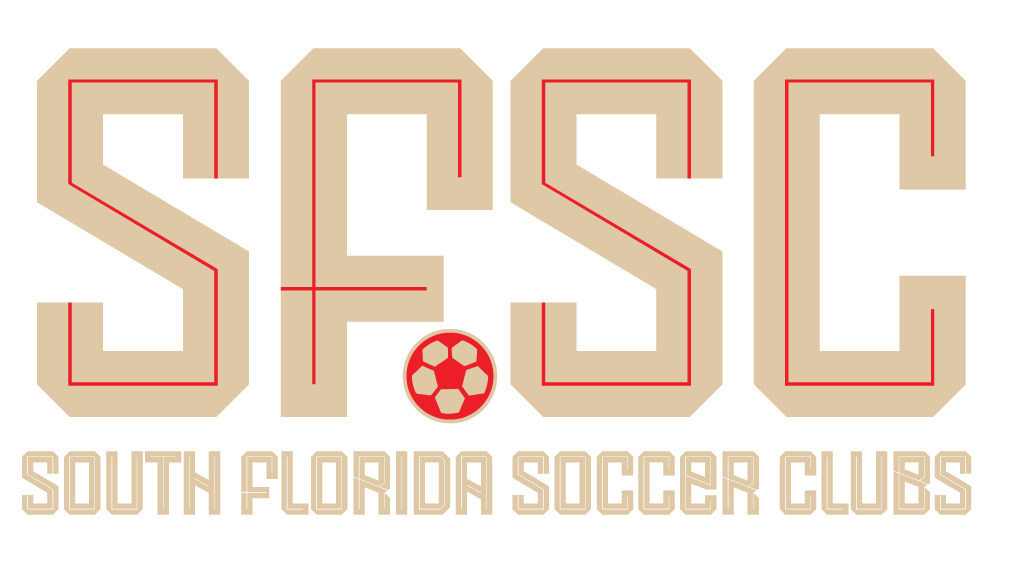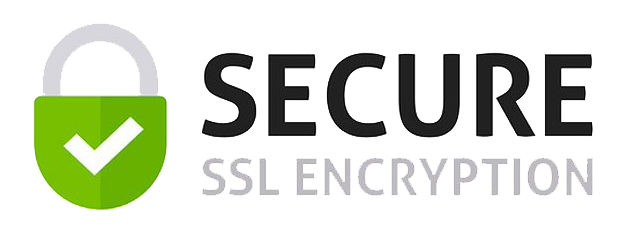What to Expect from a Coach on Game Day
For Players and Parents
Understanding a coach’s role during game day helps players feel more prepared and helps parents better support the team from the sidelines. Here’s what kids (and their families) can typically expect from a good coach before, during, and after a match:
Before the Game
What the Coach Should Communicate:
- Game Plan & Formation: The coach should explain the strategy for the day (formation, tactics, opponent analysis), tailored to the team’s strengths and the opponent’s style.
- Individual Roles: Each player should clearly understand their role and responsibilities on the field (position, defensive/attacking tasks, marking assignments).
- Mental Focus: Coaches often emphasize staying focused, composed, and ready from the first whistle.
- Encouragement: A good coach motivates players with positive reinforcement and reminds them to enjoy the game and play with confidence.
- Warm-Up Direction: Coaches typically lead or supervise a structured warm-up session to get the team physically and mentally prepared.
During the Game
From the Sideline:
- Tactical Adjustments: Coaches may shout quick tactical instructions or reposition players in real-time.
- Encouragement & Focus: Expect reminders to stay aggressive, stay in formation, and keep their heads in the game. Coaches might call out key words or phrases specific to their system.
- Limited One-on-One Coaching: Mid-game is not the time for long explanations. Coaches usually save that for halftime or post-game.
Halftime Talk
What to Expect:
- Feedback on the First Half: Coaches will address what’s working and what needs adjustment—often focusing on team-level patterns more than individual errors.
- Clear Tactical Adjustments: They may make changes to formation, positioning, or roles based on the opponent’s performance.
- Positive & Constructive Tone: While urgency is expected, the tone should be solution-focused, not overly critical.
- Reminders of the Objective: Coaches often refocus the team on playing with intensity and finishing strong.
After the Game
Key Points from the Coach:
- Immediate Reflection: A quick debrief—what went well, what can improve, and how the team responded to challenges.
- Team Effort Over Results: Most good coaches emphasize progress, attitude, and learning, regardless of the scoreline.
- Respect & Sportsmanship: Coaches remind players to thank referees, shake hands, and carry themselves with respect and humility.
- Next Steps: Coaches may mention what to expect in the next training session or provide feedback to work on at home.
A Note for Parents
Coaches are not there just to “win games.” They are educators, mentors, and role models. Their communication might differ based on age group and competitive level, but they should always promote growth, teamwork, and love for the game. If you’re unsure about how your child is being coached, it’s always best to approach the coach respectfully after the game or via email—not during the match.







